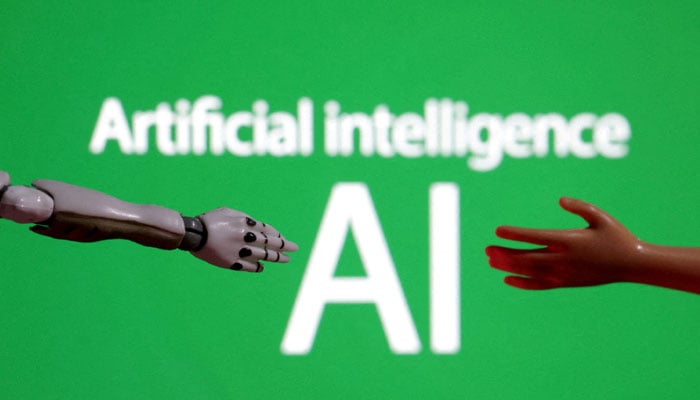Scientists Caught Generating “Academic Papers” Using ChatGPT
With the rise of AI-generated images like the supersized rat dick and now the discovery of academic papers blatantly written by ChatGPT and other chatbots, the academic community is facing a significant AI problem.
Increasing Prevalence of AI in Academic Journals
According to reports from 404 Media, AI-generated papers are not only making their way into low-quality academic journals but also into reputable ones. This trend highlights not only the growing influence of AI but also sheds light on existing issues within academia such as quality, admissions standards, and pay-to-play structures.
Uncovering the Issue
Recent revelations on platforms like X-formerly-Twitter have exposed the problem. By searching Google Scholar for specific giveaway phrases like "As of my last knowledge update" and "I don't have access to real-time data," researchers have identified numerous papers with AI-generated content, as pointed out by Life After My Ph.D.

Further investigation into journals highlighted by researchers indicates that while some are deemed predatory, publishing content for a price, others may not be as evidently compromised.
The Chatbot Influence
One striking example highlighted by 404 involves a paper submitted to the respected chemistry journal Surfaces and Interfaces, where the introduction appeared to be copy-pasted from a chatbot's response. Despite peer review, the article was published without omitting the chatbot's contributions.

The presence of such papers, especially in reputable journals, underscores the deep integration of AI into academia and calls for stricter enforcement of publication standards to maintain the integrity of intellectual bastions.
Addressing the Issue
Interviewed by 404, journal editor and Boston College physics professor Michael J. Naughton acknowledged the problem and stated that steps are being taken to address the issue. The paper in question remains accessible on ScienceDirect, where Surfaces and Interfaces is hosted.
A similar search conducted by Futurism on Google Scholar revealed instances of papers crediting the OpenAI chatbot as a co-author or highlighting the tool's limitations in research and writing.
Impact of AI in Academia
As AI continues to permeate academic publishing, the onus lies on journals to uphold rigorous standards to prevent the dissemination of AI-generated content. Failure to do so risks further blurring the lines within scholarly discourse.
Related Story:
Read more about how Lazy High School Teachers are Using ChatGPT for Grading




















